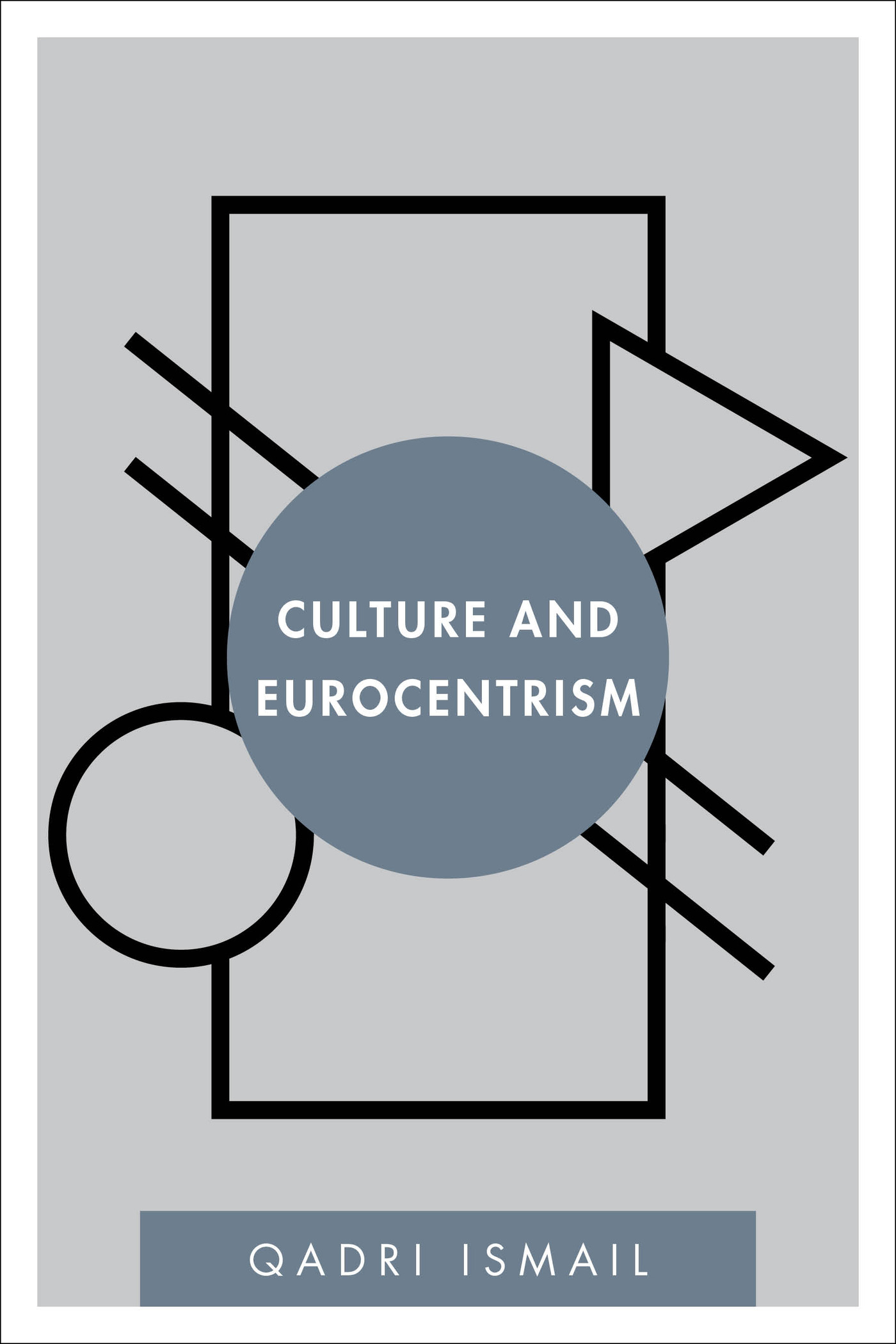Culture and Eurocentrism
Disruptions
Disruptions is a series that interrogates and analyses disruptions within and across such fields and disciplines as culture and society, media and technology, literature and philosophy, aesthetics and politics.
Series editor:
Paul Bowman, Reader, Cardiff School of Journalism, Media and Cultural Studies, Cardiff University, UK
Editorial Review Board:
Benjamin Arditi, Professor of Politics, National University of Mexico, Mexico
Rey Chow, Anne Firor Scott Professor of Literature, Duke University, USA
Simon Critchley, Hans Jonas Professor of Philosophy, The New School, New York, USA
Catherine Driscoll, Associate Professor of Gender and Cultural Studies, The
University of Sydney, Australia
Ben Highmore, Professor of Cultural Studies, University of Sussex, UK
Richard Stamp, Senior Lecturer of English and Cultural Studies, Bath Spa
University, UK
Jeremy Valentine, Reader in Media, Culture and Politics, Queen Margaret
University, Edinburgh, UK
Titles in the Series
Bearing Society in Mind: Theories and Politics of the Social Formation, Samuel A. Chambers
Open Education: A Study in Disruption, Pauline van Mourik Broekman, Gary Hall, Ted Byfield, Shaun Hides and Simon Worthington
What Lies Between: Void Aesthetics and Postwar Politics, Matt Tierney
Martial Arts Studies, Paul Bowman
Living Screens: Reading Melodrama in Contemporary Film and Television, Monique Rooney
Word: Beyond Language, Beyond Image, Mariam Motamedi Fraser
Culture and Eurocentrism, Qadri M. Ismail
Against Value in the Arts and Education, edited by Sam Ladkin, Robert McKay and Emile Bojesen (forthcoming)
Imprints of Revolution: Visual Representations of Resistance, Guadalupe Garca and Lisa B. Y. Calvente (forthcoming)
Disrupting Maize: Food, Biotechnology and Nationalism in Contemporary Mexico, Gabriela Mndez Cota (forthcoming)
Culture and Eurocentrism
Qadri Ismail

London New York
Published by Rowman & Littlefield International, Ltd.
Unit A, Whitacre Mews, 26-34 Stannary Street, London SE11 4AB
www.rowmaninternational.com
Rowman & Littlefield International, Ltd. is an affiliate of Rowman & Littlefield
4501 Forbes Boulevard, Suite 200, Lanham, Maryland 20706, USA
With additional offices in Boulder, New York, Toronto (Canada), and London (UK)
www.rowman.com
Copyright 2015 by Qadri M. Ismail
All rights reserved. No part of this book may be reproduced in any form or by any electronic or mechanical means, including information storage and retrieval systems, without written permission from the publisher, except by a reviewer who may quote passages in a review.
British Library Cataloguing in Publication Information Available
A catalogue record for this book is available from the British Library
ISBN: HB 978-1-7834-8633-5
ISBN: PB 978-1-7834-8634-2
Library of Congress Cataloging-in-Publication Data
Ismail, Qadri, author.
Culture and eurocentrism / Qadri Ismail.
pages cm. -- (Disruptions)
Includes bibliographical references and index.
ISBN 978-1-78348-633-5 (cloth : alk. paper) -- ISBN 978-1-78348-634-2 (pbk. : alk. paper) -- ISBN 978-1-78348-635-9 (electronic)
1. Civilization, Modern. 2. Culture. 3. Eurocentrism. I. Title.
CB358.I86 2016
909.8--dc23
2015026668
 TM The paper used in this publication meets the minimum requirements of American National Standard for Information Sciences Permanence of Paper for Printed Library Materials, ANSI/NISO Z39.48-1992.
TM The paper used in this publication meets the minimum requirements of American National Standard for Information Sciences Permanence of Paper for Printed Library Materials, ANSI/NISO Z39.48-1992.
Printed in the United States of America
For my teachers
HAIG, TK, KJ
EWS, GCS
JM
Acknowledgements
Culture and Eurocentrism should be stamped made in Minnesota. Indeed, its an extended conversation with cherished friends: John Mowitt, Ajay Skaria and Vinay Gidwani most particularly. John asked me, in the last century, whether I thought there was a relation between empire and empiricism. This book does not address that question but, somehow, emerges from it. I could unfailingly rely on him to find the time to engage with a thought or text. Always ready for a good argument, Ajay and Vinay pushed me every step of the way. I cannot conceive of better, more generous interlocutors.
For reading and commenting on various chapters, and conversations over the years, my sincere thanks to Joel Wainwright, Premesh Lalu, Tony Brown, Hoon Song, Diane Detournay, Joe Hughes, Ross Truscott, Tim Watson, Kamala Visweswaran and Andy Elfenbein; all but one have a University of Minnesota connection. Thanks also to Jani Scandura, Aamir Mufti, Divya Karan, Saloni Mathur, Shiney Varghese, Tony Anghie, Gary Minkley, Helena Pohlandt-McCormick, Cesare Casarino, Michael Hancher, Suren Pillay, Adam Sitze, Bruce Braun, Sanjay Subramanium, Asanga Welikala, Rita Raley, Lisa Disch, Maurits van Bever Donker, Paula Rabinowitz, Ellen Messer-Davidow, Pamela Leszczynski, Simona Sawhney, Papori Bora, Vasuki Nesiah, Walter Perera, Anna Clarke, Leslie Witz, David Faust and Becky Adamski. Paul Bowmans enthusiasm for the project enabled smooth publication. Martina OSullivan and the team at RLI were an immense pleasure to work with. The writing went easy when Shreen was around.
Draft chapters were read at various University of Minnesota fora: the departments of English and anthropology, the South Asia lecture series, the Consortium for the Study of the Premodern World. And at others: Ohio State University, UCLA, Brown University, the International Center for Ethnic Studies, the Sri Lanka Association for Commonwealth Literature and Language Study. I am grateful to those who attended and commented. Institutionally, however, I am most in debt to the Centre for Humanities Research, University of the Western Cape, and the SARCHI Chair, University of Fort Hare, especially to their jointly organized Winter School. Versions of almost all chapters were presented at their sessions, and I benefitted enormously from those consistently intense interactions. A single-semester leave from the College of Liberal Arts, University of Minnesota, enabled completion of the manuscript.
Finally, that irrepressible interrupter, Newton Gunasinghewho may, for all I know, never have heard of Minnesota. If he overheard an intriguing conversation just about anywhere he would, even at funerals, walk over and inquire: Excuse me, but is this a private conversation or could I join in? Some of the texts read here are most tiresome. Newtons example reminded me of the pleasure of interruption. Which, of course, stamps this book as made in Sri Lanka, too.
Introduction
Culture As Problem
The trouble with dead white men is that some of them are not men, many not white and an alarming number not even dead. Phrased differently, less colloquially, since individuals, dead or alive, are not at stake, eurocentrism suffuses, saturates, structures the modern Anglo-U.S. episteme. It is here: the English department I teach in requires its undergraduate majors to take only one single author course, Shakespeare; there: to this writing, the English literary canon continues to dominate the requirements at the department of the university in Sri Lanka I (under)graduated from; and everywhere: the prime meridian, for no good geographical reason, though powerful geopolitical ones, passes through London, framing time globally; we iterate eurocentrism every time we check the time. (Though written in both Sri Lanka and the United States, from the antiempiricist position of this book Sri Lanka is always there, even when Im here.) Our politico-epistemological moment may understand itself, here and there, if not quite everywhere, as postcolonial, but the continuing force of eurocentrism solicits, perhaps demands a (re)conceptualization, a recharging of postcoloniality, dominantly taken at our moment as addressing developments after colonialism in a place formerly known as the third world, in nonhistoricist, nongeographic terms, a reconsideration of both prefix and noun: in what sense, exactly, is postcoloniality post something, its object if not target (quite apart from the question of the meaning of post)? Is that target properly nominated as colonialism, in this historicist sense amore or lessextinct, or at least critically endangered phenomenon? (Though Palestine and Puerto Rico put the latter to question.) Postcoloniality, a theoretical position/ing, questioning in its initial articulationwhere have you gone, Homi Bhabhaattenuated its charge with the reassertion of historicism. (Charge, OED: brief, burden, responsibility, mandate; excitement, energy.) This book seeks to recharge postcoloniality as the critique of eurocentrism, by addressing the latters most potent signifier of subjectivity, culture.

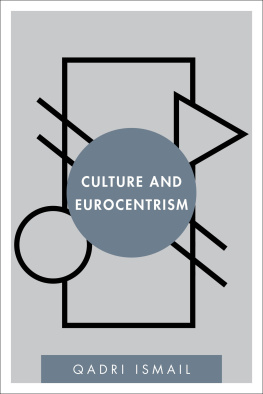

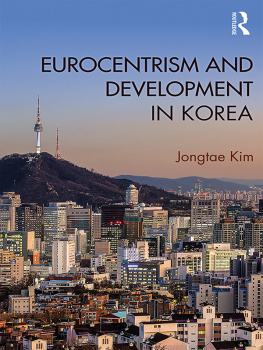
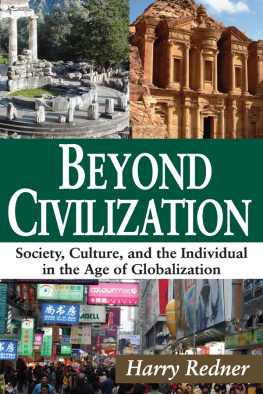

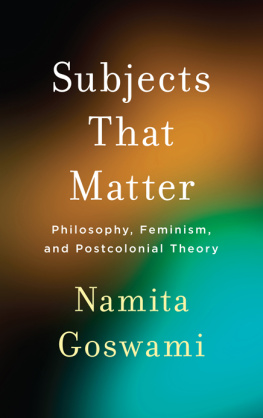
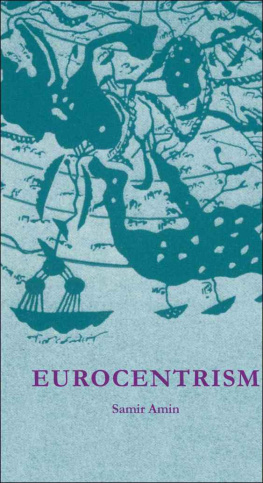
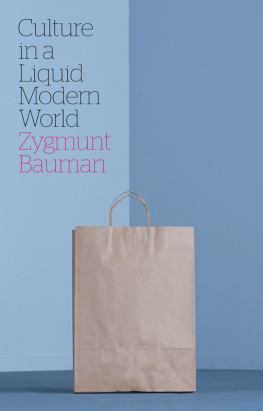
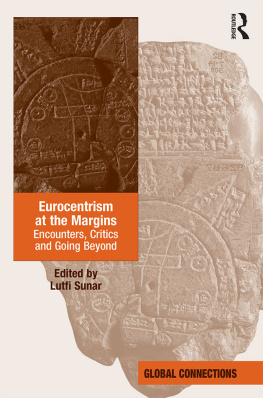
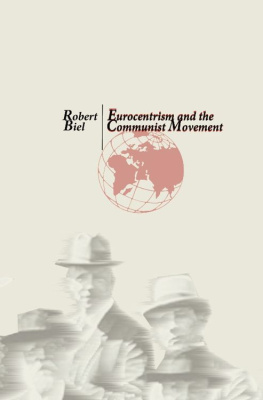

 TM The paper used in this publication meets the minimum requirements of American National Standard for Information Sciences Permanence of Paper for Printed Library Materials, ANSI/NISO Z39.48-1992.
TM The paper used in this publication meets the minimum requirements of American National Standard for Information Sciences Permanence of Paper for Printed Library Materials, ANSI/NISO Z39.48-1992.